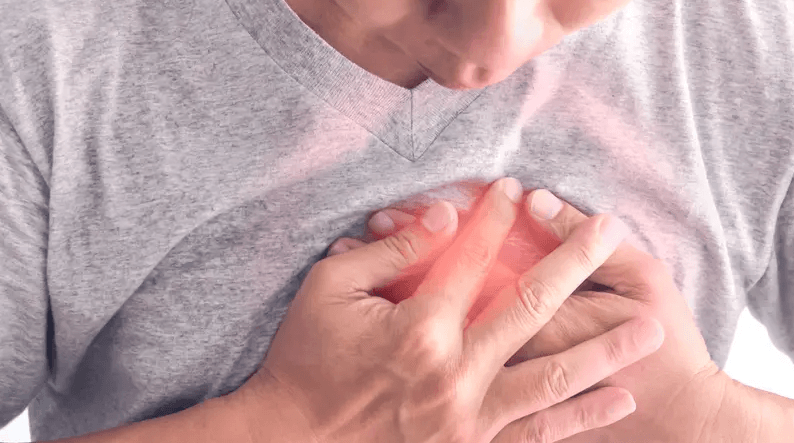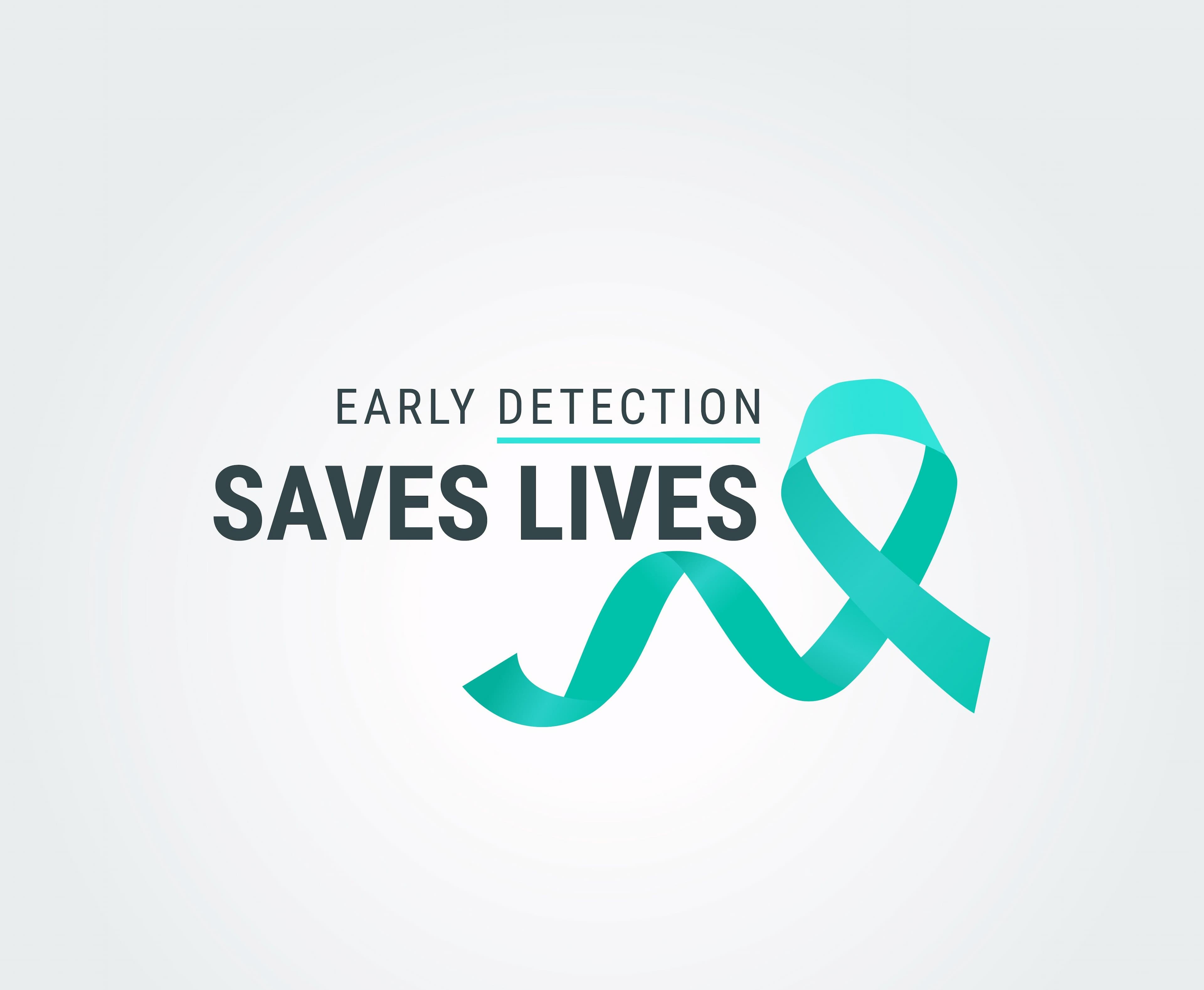
Half of heart attack patients in the UAE are aged under 50, doctors warn
Health experts say at least 50 percent of heart attack patients in the UAE are under the age of 50, as doctors warn obesity and sedentary lifestyles are creating a generation prone to cardiovascular disease.
As World Heart Day, an international campaign held on September 29 every year by the World Heart Foundation to raise awareness of heart health, is marked on Thursday, weight loss company Allurion conducted a YouGov survey in eight different countries including the UAE and found that the Emirates has the highest population suffering severe or mild cardiovascular diseases.
The survey exploring correlations between obesity and heart disease revealed that 60 percent of people in the UAE’s serious or moderate cases of obesity are also linked to cardiovascular and heart problems and is linked to 40 percent of deaths in the country.
They say figures in the region show a rise of young people suffering from cardiovascular diseases, as half of heart attack patients are under the age of 50.
Dr Rajan Maruthanayagam, a specialist in interventional cardiology at NMC Royal Hospital Sharjah, also told Al Arabiya English that patients experiencing cardiovascular problems are getting younger, often due to a high incidence of obesity in the country.
“Obesity by itself is an independent risk factor for one to develop cardiovascular diseases as it increases the risk of development of diabetes and hypertension, which in turn increases the risk of heart attack,” he said.
Heart attack victims are also more likely to have preventable risk factors - such as smoking, high blood pressure, diabetes and chronic obstructive pulmonary disease (COPD) – said Dr Maruthanayagam.
Red flags
There are red flags which indicate the onset of cardiovascular disease, the doctor said.
“If one develops central chest discomfort and breathlessness on exertion like walking fast or climbing stairs which typically subsides after taking a rest for a few minutes - this is a red flag which indicates there is a tight block in heart blood vessels,” he said. “Other red flags apart from chest pain are undue fatigue, breathlessness, [and] sweating on doing the work one normally does without any problem.”
The doctor said UAE residents can improve their heart health by being active and doing regular exercise in any form – such as walking or swimming – while maintaining a healthy heart diet and avoiding fat-rich foods, fast foods and fried food.
Quitting smoking and managing stress levels can also help reduce the risk of cardiovascular disease, he said.
Dr Maruthanayagam said, globally, non-communicable diseases accounts for 71 percent of deaths, out of which 31 percent is due to cardiovascular disease.
The UAE is higher than the worldwide average, he said.
Across the Emirates, 77 percent of all deaths are due to non-communicable conditions, out of which 40 percent are due to cardiovascular disease, while cardiovascular disease causes more deaths compared to other causes like cancer, diabetes, injuries and chronic respiratory diseases.
Dr Ahmad Fakhri Alhimairi, a non-invasive cardiologist at the Canadian Specialist Hospital Dubai, told Al Arabiya English that warning signs of the disease include chest pain, feeling tired and imbalanced and an “inability to complete a complete sentence during exercise”.
Risk factors
Dr Carl Kapadia, a consultant in interventional cardiology at NMC Royal Hospital- Khalifa City, Abu Dhabi, said obesity is a major risk factor to heart disease.
“Excess weight increases the risk of developing many comorbidities directly tied to heart disease: diabetes, high blood pressure, and high cholesterol,” he said. “Further, the burden of extra weight on the body damages the heart's muscles in and of itself, eventually leading to heart failure. Experiencing heart failure means the heart is not strong enough to pump enough blood to support our organs' needs.”
“The warning signs of poor heart health can include shortness of breath (especially after exertion), irregular heartbeats, swelling in the limbs, and unexplained fatigue.”
“We must understand our background risks (including family history) and get assessed with regular annual check-ups to monitor blood pressure, blood sugar, cholesterol, and body mass index.”
Ideally, residents want to increase their “good” cholesterol (HDL) and reduce their “bad” cholesterol (LDL).
This, he said, can be accomplished with regular low impact aerobic activity (walking, bicycling, swimming, yoga, etc.), smoking cessation, and a diet rich in fruits, vegetables, lean proteins, complex carbohydrates and healthy fats.
“The UAE has a diverse population with various risk factors for heart disease that are determined by genetics and lifestyle habits,” he said. “In these busy and fast-paced times, residents and citizens must prioritize their heart health by making time for at least 30 minutes of aerobic activity a few times per week, opting for healthy home-cooked meals, making smart choices when dining out, drinking plenty of water (thirst can be confused with hunger), and most critically, to stop smoking.”
“Even small changes can significantly impact how long we live and how well we live those years.”
A good nights rest
Dr Houssein Ali Mustafa, a consultant interventional cardiologist at the Saudi German Hospital Dubai, said sleep is an important factor in proving heart health.
“When our sleep is disturbed, either through night-time waking, insomnia or through shift-working, this disrupts the natural rhythms of our body,” he said. “A knock-on effect of this disturbance is on our cardiovascular and metabolic health, increasing the risk of heart diseases.”
“Aim to get between seven and nine hours of good quality sleep every night by practicing great sleep hygiene: sleep in a dark cool room, lower light levels and switch off screens at least an hour before bedtime and ensure you eat at least three hours before you retire.”







